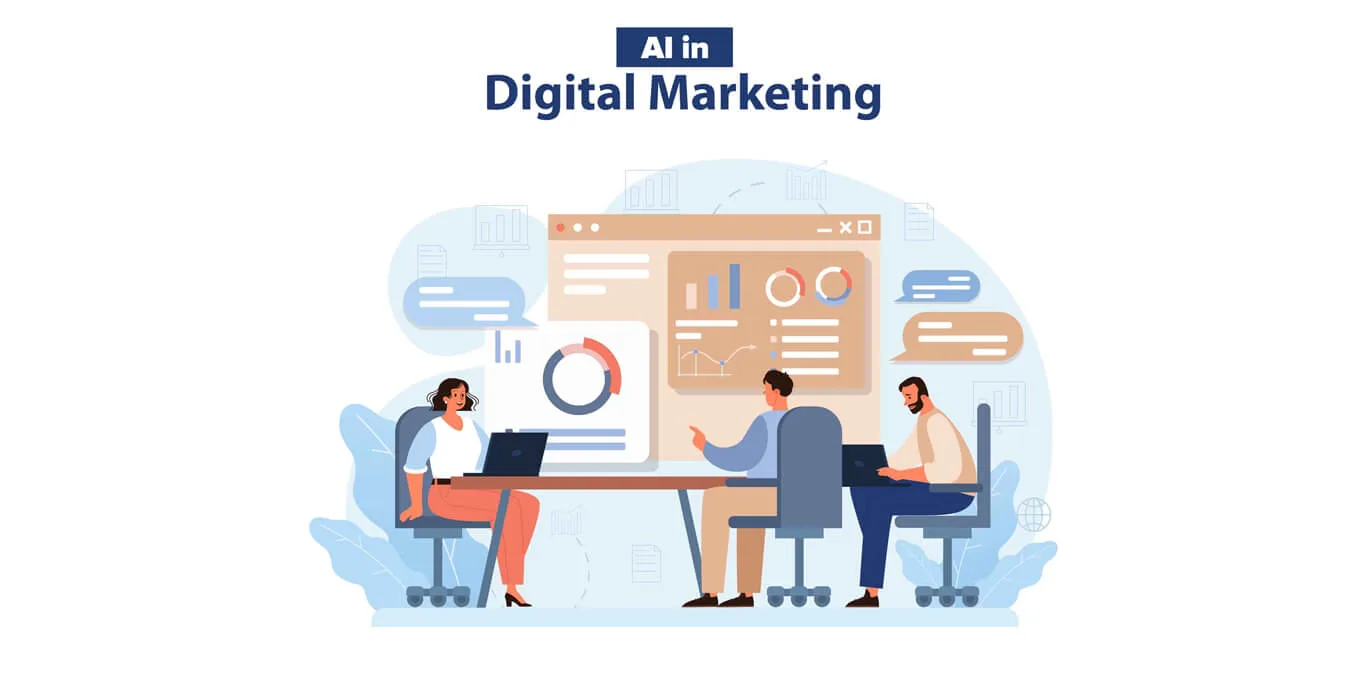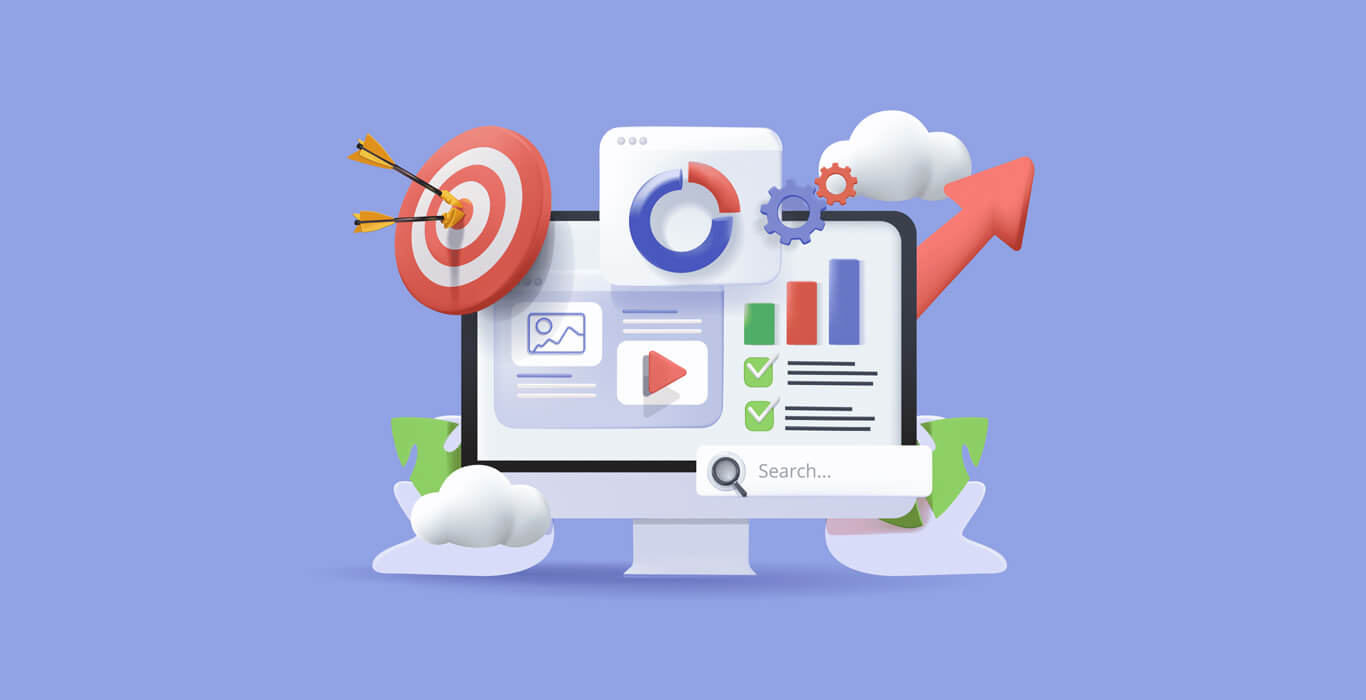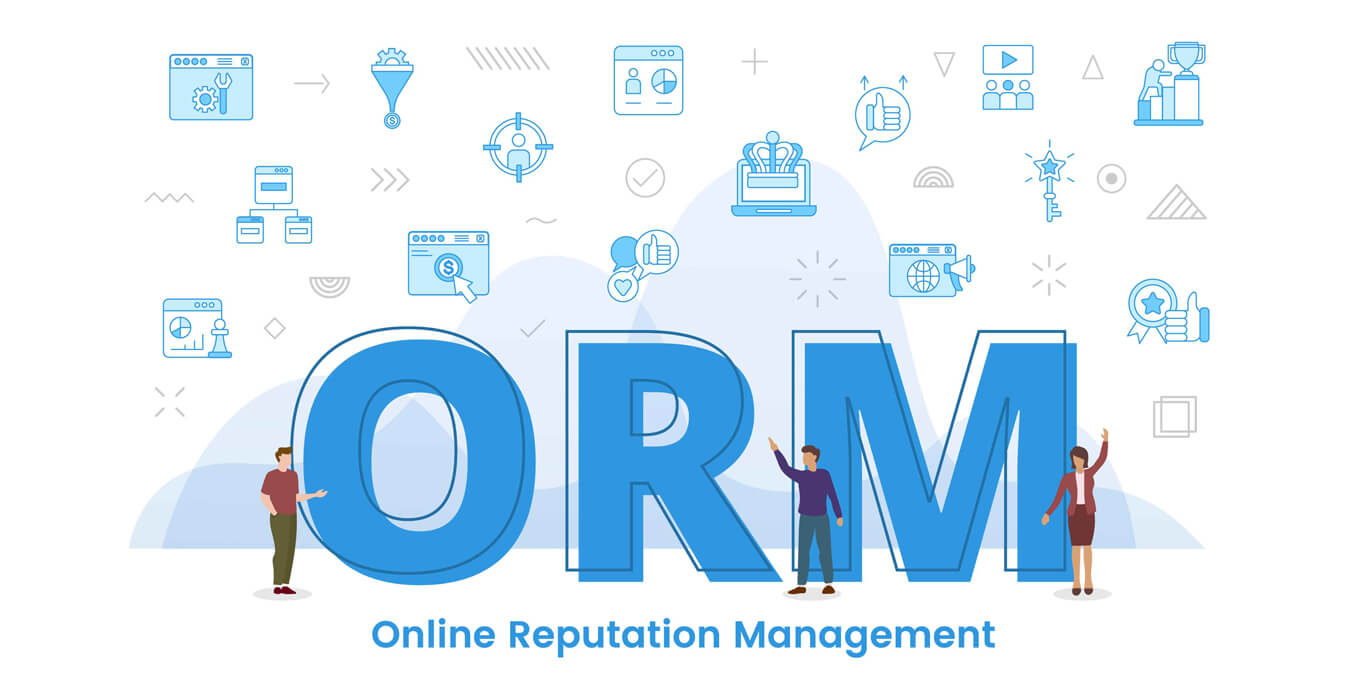“Data is the new gasoline of the digital economy. It powers the engines of innovation and growth.” – Andrew McAfee
There was a time businesses relied on intuition and guesswork to make decisions and drive growth. But in today’s digital age, data has become the new fuel for business success, thanks to all the digital marketing and branding efforts businesses continually engage in.
By harnessing the power of data, companies can gain a deeper understanding of their customers, market trends, and performance metrics. This knowledge helps them make smarter decisions, identify new opportunities, and optimise operations.
Imagine an E-commerce business that uses data to analyse customer purchase history and browsing behaviour. With this information, they can create targeted marketing campaigns that are more likely to convert, resulting in increased sales.
Or consider a manufacturing company that uses data to track production efficiency. By identifying bottlenecks and inefficiencies, the company can make changes to improve production speed and reduce costs.
Data is key to personalising the customer experience, improving customer satisfaction, and retaining customers. It is no longer just a nice-to-have, it’s a must-have for businesses looking to stay competitive and drive growth.
How Data Fuels Business Growth and Development
With the help of quality data, companies can make informed decisions, identify opportunities, and optimise operations. Here are a few key ways data contributes to business growth and development:
- Identifying trends and patterns: By analysing data, businesses can identify patterns and trends that can inform strategic decisions and help them stay ahead of the competition.
- Improving operations: Data can be used to identify inefficiencies and optimise operations, which can lead to cost savings and increased productivity.
- Personalising marketing efforts: Data can be used to create targeted marketing campaigns that are more effective and efficient.
- Improving customer experience: Data can help businesses understand their customers’ needs and preferences, which can lead to improved products and services.
- Identifying new opportunities: Data can be used to identify new opportunities for growth, such as new markets or product lines.
Although data has the potential to help businesses grow in the long run, it’s important to remember that it is not a magic solution; it needs to be used in conjunction with other business practices such as strategy, planning, human expertise, and ethics.
Value of Data in Digital Marketing Success
Data is a crucial component of digital marketing, as it allows marketers to better understand their target audience and create more effective and efficient campaigns. Data is valuable for digital marketing success in a number of ways:
- Targeting: Data allows marketers to better understand their target audience and create more effective and efficient campaigns. By analysing data on customer behaviour, demographics, and preferences, marketers can create targeted campaigns that are more likely to convert, resulting in increased sales and revenue.
- Optimisation: Data can be used to track the performance of digital marketing campaigns, which allows marketers to optimise and improve them over time. By analysing data on click-through rates, conversion rates, and other metrics, marketers can identify areas of improvement and make adjustments to boost performance.
- Personalisation: Data can be used to personalise the customer experience, for instance, using data to create personalised email campaigns or targeted ads. Personalisation can help increase engagement and conversion rates, resulting in better ROI and customer loyalty.
- Measuring ROI: Data provides measurable insights into how much revenue is generated as a result of a digital marketing campaign and helps to track the return on investment.
- Predictive modelling: Data can be used to predict customer behaviour and optimise the marketing strategy accordingly. By analysing data on customer purchase history, browsing behaviour, and other factors, marketers can create more effective and efficient marketing strategies to drive growth and revenue.
Data is valuable for digital marketing success as it allows marketers to gain insights into consumer behaviour and preferences, which can boost targeted advertising and personalisation strategies.
To sum up, data is a key driver of business growth as it allows companies to gain insights into their operations, customers, and markets. By leveraging data and analytics, businesses can gain a competitive advantage, improve customer satisfaction, and increase revenue.
Data-driven insights can help companies to identify and mitigate potential risks, which can lead to more sustainable long-term growth. In short, data is crucial for businesses to understand their customers, market, and internal operations and make data-driven decisions to drive growth and efficiency.
At IKF, the premier digital marketing agency in Pune, we can help you create a success-driven digital roadmap for your business. Our seasoned experts can also help you make sense of all the data at your disposal and plan result-oriented strategies accordingly.
Book a free consultation with us now! Call us at +91 88888 66110 or write to us at sales@ikf.co.in. We will be more than glad to help.


Ashish Dalia is the CEO & Chief Digital Marketing Strategist at I Knowledge Factory Pvt. Ltd.











